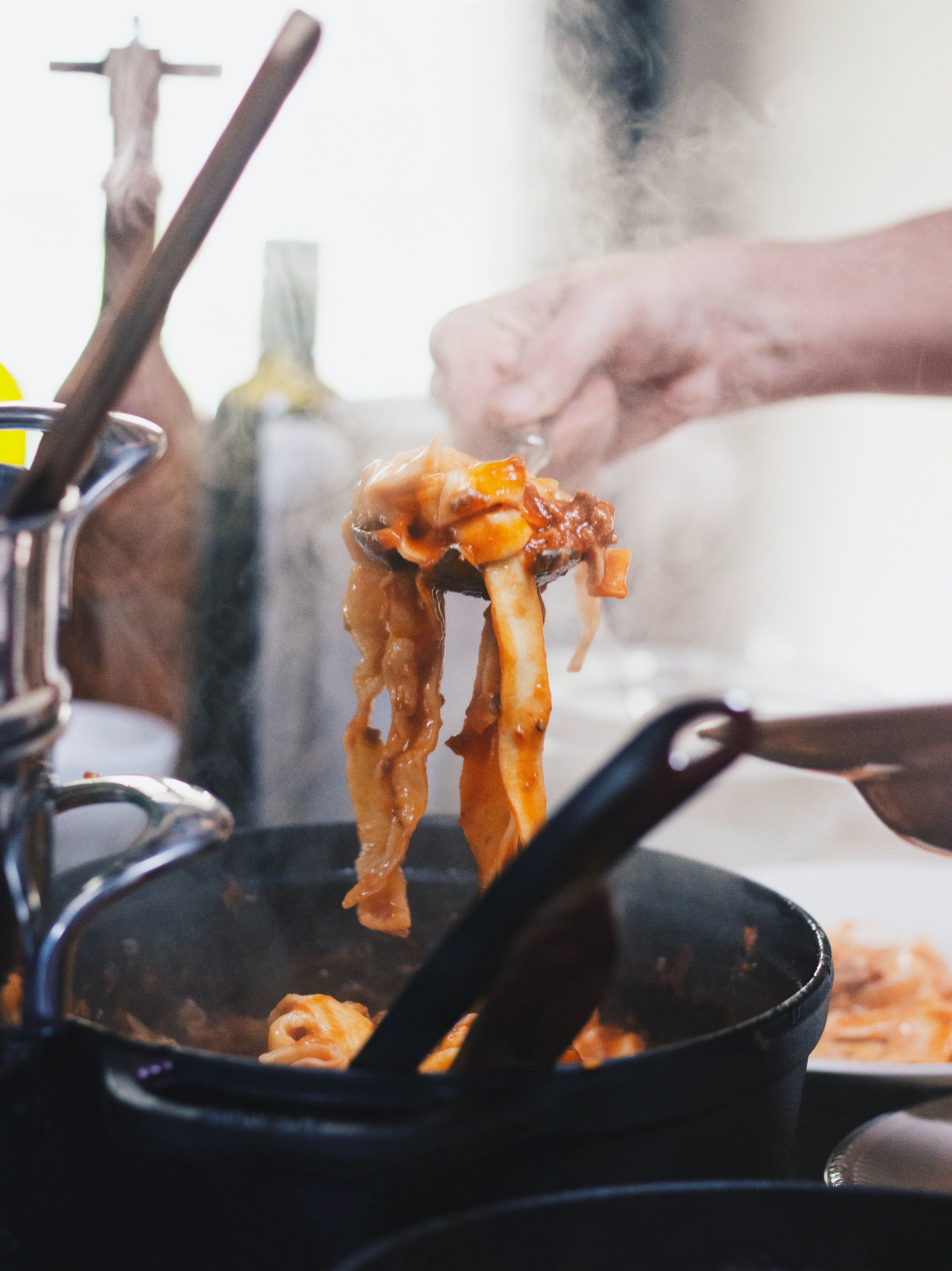Unpacked: What is slow travel?
Convenience shouldn’t be the biggest priority when it comes to your holiday. If you want to take care of yourself and have a more in-depth, enjoyable experience, then don’t rush. Take it slow.
Cat Jones, Byway’s founder and CEO, points to the parallels of slow travel and eating delicious, lovingly cooked slow food:
"Slow travel is like slow food. The ingredients (hotels, transport, activities) are good for locals and for the planet. The recipe (route) is optimised for quality rather than speed. The result is often a much richer travel experience with depth of flavour and story."
A richer experience
It’s obvious that mass market, processed, low nutrient food is only a short term fix for a craving; it doesn’t make you feel good in the long term. To really feel nourished, you want hand-picked ingredients and an expert cook.
On a slow travel holiday you can immerse yourself in a destination, foster genuine connections and come to understand local cultures. As you travel, you fold all your ingredients together, and tip in plenty of independent spontaneous adventure (which can be as simple as wandering without a plan). Pair all of this with a respect for local customs and the environment, and you’ve created a richer, more enjoyable and unique experience.
Just like slow cooking, slow travel requires a little patience and it comes out a little different each time.
The history of “slow”
The “slow” movement, from which slow travel was born, began in Italy with cucina povera or "peasant cooking" – simple, local ingredients transformed into rich, flavourful dishes by slow cooking. Just think of all those delicious stew and sauce recipes cooked for hours and hours using home grown, quality ingredients. Slow cooking – and enjoying the experience together – was the only way of life in Italy until globalisation and fast living came knocking.
In 1986, Carlo Petrini and a group of activists spearheaded the modern slow movement when they gathered to protest against a McDonald's opening near the iconic Spanish Steps in Rome. The idea was to counteract the spread of fast food, which they felt was endangering traditional cuisine, local ingredients and authentic flavours. The McDonalds went ahead, but the slow movement could not be stopped.
Laura Nickoll, Great Taste Awards Judge and co-author of Vegan Kitchen and Science of Spice, says of slow food:
“For me, slow food means paying attention to the place and space between A and B […] the way the sound of sizzling butter changes as it starts to brown, the lazy ‘plip’ of a long-simmered ragu… engaging fully in the process of cooking feels like a luxury in our frenetic world.”
Good for the planet
The world today faces extraordinary environmental challenges, and slow travel is a powerful protest against the traditionally carbon heavy, aviation first, travel industry. Put simply, slow travel by train, boat, bus, bike or on foot is greener than flying – you could get the train from London to Edinburgh and back five times and your carbon footprint would still be lower than if you flew there.
But it doesn’t stop there. Climate change is widening the social and economic inequalities in our world and slow travel has the power to have a positive social impact, not just by reducing carbon emissions, but by taking you away from hotspots and towards independent accommodation, enjoying locally organised activities and eating locally sourced food.
When you choose to travel slow, you’re choosing an off the beaten path holiday that’s good for the planet (and for people). All the ingredients of your holiday are handpicked to support local communities and ease the pressure that holidaymakers (and hotels) can have. Your slow travel holiday makes a positive difference for local communities.
And good for you
So you’re giving, but what are you getting? When the journey is optimised for quality, not speed, you’re getting a holiday with a whole different perspective.
Anna Hart, travel writer and author of the travel memoir Departures: A Guide To Letting Go, One Adventure At A Time, tells me:
"when I was young, selfish and stupid, I had a smash-and-grab approach to travel, I wanted to go to as many places as possible, as fast as possible. Now, slow travel seems like the ultimate luxury. My mantra is to go further, for longer, less often. By "further", I don't necessarily mean distance covered, I mean dreaming bigger, going deeper, taking myself on a more significant journey […] I don't see slow travel as a compromise I'm making in order to lessen my impact on the planet. I see slow travel as a more luxurious, aspirational choice."
Slow travel gives back with the beauty of a deeper understanding and connection to a place. It nourishes you and takes you on an inward journey (as well as on actual journeys to the UK, Europe and Morocco…). Slow travel is a nourishing, richer experience.



